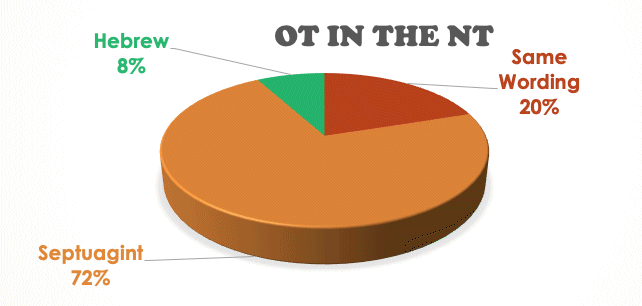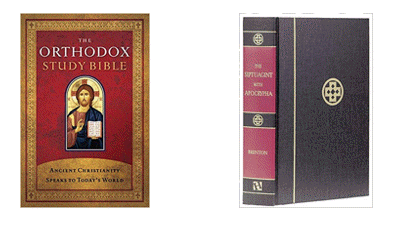For hundreds of years after Gutenberg, families had family Bibles that were the center of family worship.
Nowadays, personal Bibles can be read and interpreted outside a community or family by “Lone Rangers” who may never attend church or who outwardly attend church yet inwardly remain a denomination of one.
Is it possible that God values our being members of a family or the Body more than He values our individual Biblical fluency?
Are Catholics at least partially right about the Mass, that the bread and the wine should be the center of public worship? I’m not advocating Transubstantiation; I’m juat saying Communion might be more than just the intellectual or sentimental remembrance of Christ’s sacrifice that it is for many Protestants. The early Christians risked death to meet together for a service that always included taking communion.
Is it possible that God values a loving spirit over a heavy-handed doctrinal purity?

co-existing beside a Pharisee preening over the doctrinal purity setting him above others. Reminder: Our minds are just as fallen as our bodies and hearts!
- Bibles as Talismans
- A relationship with a Book, not a Person
- Denying the work of the Spirit by nitpicking Scriptures (“You can’t heal on the SABBATH!!! You must be of Satan!”)
- All textual variants eliminated in favor of one fixed reading
- The vowel points added to make the text readable in only one way
- The categorization and ordering of the selected books
- The Masoretic Hebrew Text was canonized around __________ (Answer Below)
This is such an important issue, we will spend a lot of tonight’s lesson considering the possibility of replacing your Old Testament with the Septuagint, or at least adding the Septuagint to your bookshelf.

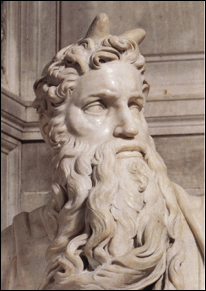
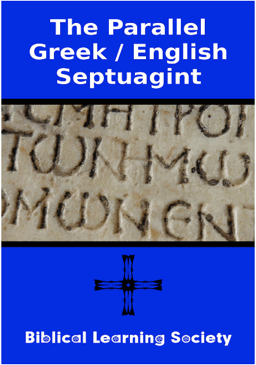 The Septuagint
The Septuagint

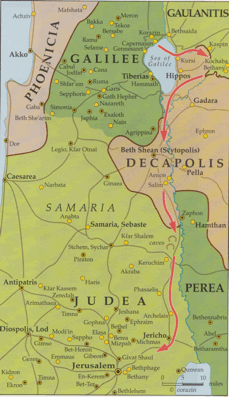
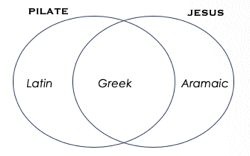 translator just left out of the story as TMI or did Pilate and Jesus converse directly in a common language? Logically, that language would have been Greek, the lingua franca of the Roman world and a language which I think I’ve demonstrated is one that Jesus probably both read and spoke.
translator just left out of the story as TMI or did Pilate and Jesus converse directly in a common language? Logically, that language would have been Greek, the lingua franca of the Roman world and a language which I think I’ve demonstrated is one that Jesus probably both read and spoke.

